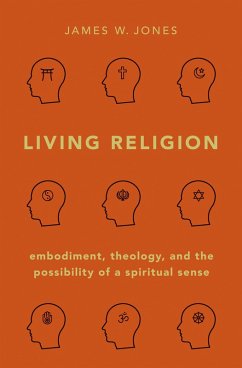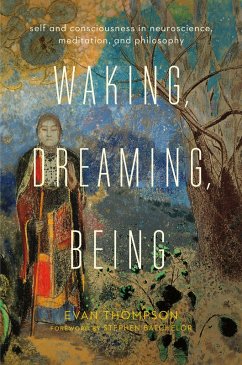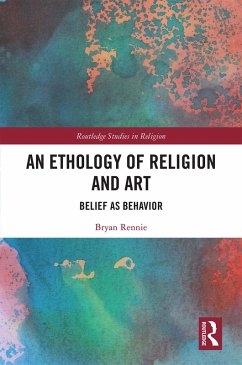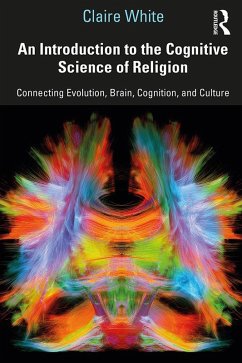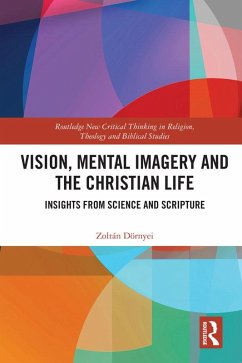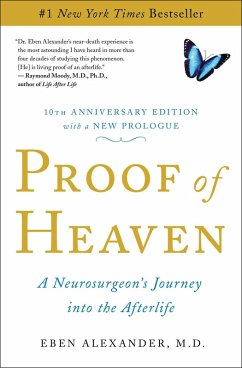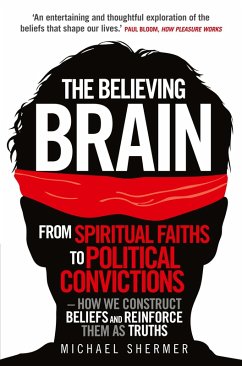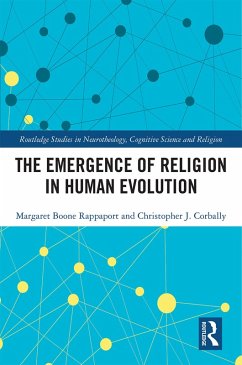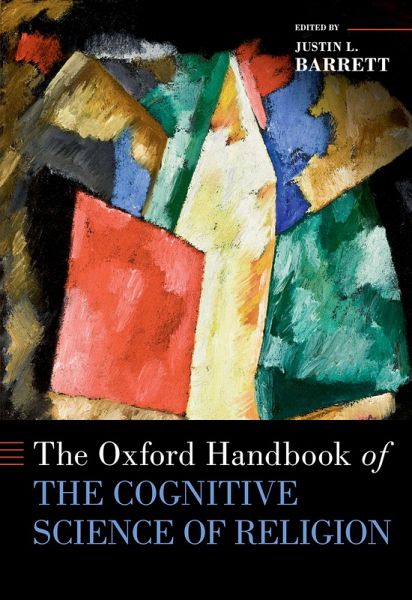
The Oxford Handbook of the Cognitive Science of Religion (eBook, ePUB)
Versandkostenfrei!
Sofort per Download lieferbar
52,95 €
inkl. MwSt.
Weitere Ausgaben:

PAYBACK Punkte
26 °P sammeln!
Why have religious beliefs and behaviors been nearly universal in human societies? What accounts for similarities and differences across time and across cultures? Could the answer lie in the human brain? Scholars in the cognitive science of religion (CSR) believe that it can- the prevalence of religion is a result of the way our minds work. CSR advances in psychology explain various patterns in religious thought and action. This scientific approach has grown rapidly over the past couple of decades. However, it has often been conflated with related subjects such as evolution and neuroscience. C...
Why have religious beliefs and behaviors been nearly universal in human societies? What accounts for similarities and differences across time and across cultures? Could the answer lie in the human brain? Scholars in the cognitive science of religion (CSR) believe that it can- the prevalence of religion is a result of the way our minds work. CSR advances in psychology explain various patterns in religious thought and action. This scientific approach has grown rapidly over the past couple of decades. However, it has often been conflated with related subjects such as evolution and neuroscience. CSR is neither: it straddles the line between cognitive sciences and the study of religion. The Oxford Handbook of the Cognitive Science of Religion directly identifies CSR's unique contributions and clarifies its relationship to neighboring disciplines. With contributions from the field's founders and its rising stars, this volume offers a critical overview of more than 25 years of research. From discussions of human nature to the role of ritual, the contributors offer comprehensive and in-depth analysis of key questions in CSR. Readers will have a variety of entry points to truly grasp where CSR has been, where it is, and where it might go.
Dieser Download kann aus rechtlichen Gründen nur mit Rechnungsadresse in A, B, BG, CY, CZ, D, DK, EW, E, FIN, F, GR, HR, H, IRL, I, LT, L, LR, M, NL, PL, P, R, S, SLO, SK ausgeliefert werden.






